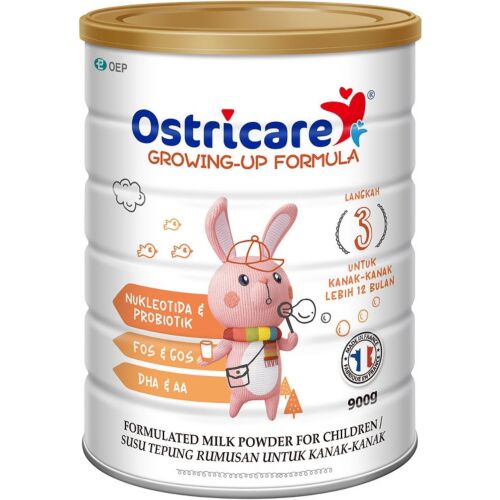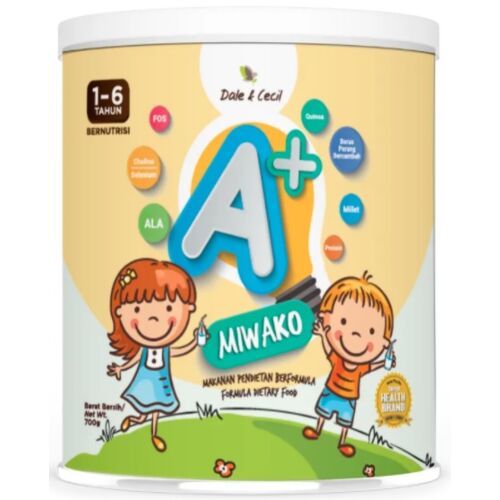Choosing the right formula for your baby can be overwhelming, especially with so many options available. As parents, we all want to provide the best nutrition for our little ones. Each type of formula offers its own benefits, so it's important to understand the differences to choose the best one for your baby.
In this blog, we’ll explore the pros and cons of three popular types of baby formula: cow milk, goat milk, and plant-based options. Let’s dive in!
Cow Milk Formula
Pros:
- Rich in Nutrients: Cow milk formula provides essential nutrients like calcium, phosphorus, and vitamin D, which are crucial for your baby’s bone health and growth
- Lactose Content: Lactose, the primary carbohydrate in cow milk, closely resembles the lactose content in human breast milk, aiding in energy provision and nutrient absorption.
Cons:
- Harder to Digest: Some babies may have trouble digesting cow milk formula due to its higher protein and fat content, which can be tougher on sensitive tummies.
- Potential Allergies: Cow milk contains proteins like casein, including alpha-S1 casein, which can trigger allergies in some babies.
Goat Milk Formula
Pros:
- Easier Digestion: Goat milk contains smaller fat globules and a different protein structure compared to cow milk, which may make it easier for some infants to digest.
- Lower Lactose Content: Goat milk has slightly less lactose than cow milk, potentially benefiting infants with mild lactose sensitivity.
Cons:
- Taste Preferences: Goat milk has a distinct flavor that some infants may find unpalatable, potentially leading to feeding difficulties.
- Allergic Reactions: Just like cow milk, some infants may experience allergic reactions to goat milk proteins, leading to symptoms such as skin rashes, gastrointestinal disturbances, or respiratory issues.
Plant-Based Formula
Pros:
- Lactose-Free: Ideal for infants with lactose intolerance, offering a suitable alternative for babies who cannot digest lactose.
- Digestibility: Some plant-based formulas are easier to digest for certain infants.
Cons:
- Allergy Risks: Potential for new allergies, such as soy or nut allergies, depending on the formula's base.
- Nutritional Considerations: Some plant-based formulas may have lower levels of certain nutrients compared to cow’s milk-based formulas, requiring attention to ensure balanced nutrition.
Now that you know the pros and cons of these formulas, here are some milk formula options you can choose from to fit your baby’s nutritional needs:
Ostricare: Cow Milk Growing-up Formula Step 3
HiPP: BILAC Organic Infant Formula Step 1
Bubs Goat Milk Infant Formula Stage 1
MIWAKO A+ Plant-based Formula Milk




















